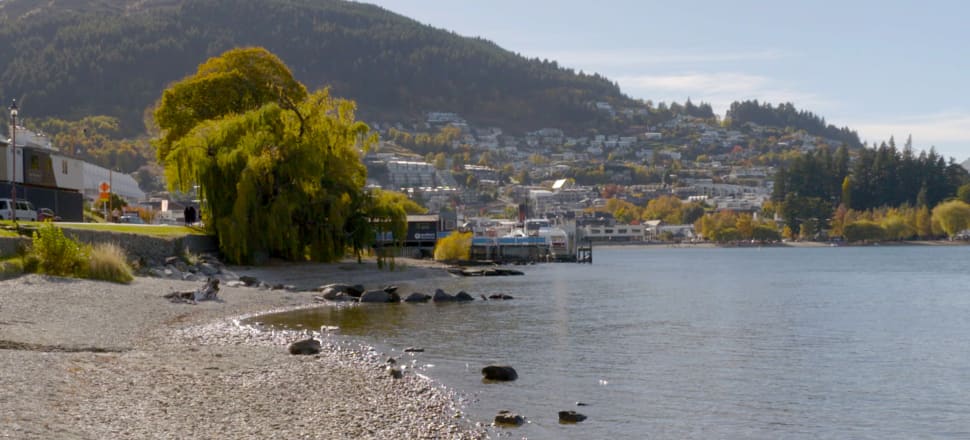
Watch video: In our series The Way Forward, Rod Oram investigates a fundamental shift in tourism strategy from volume to value.
For decades, international tourism has been one of the fastest growing sectors in the global economy outside high tech IT fields. The global number of international arrivals grew 56-fold from just 25 million in 1950 to 1.4 billion in 2018.
New Zealand's growth in international tourists was even more spectacular. Our arrivals grew 262-fold from a mere 14,176 in 1950 to 3.9m in 2018 - five times faster than the global rate, according to data from the UN's World Tourism Organisation.
That created an economic bonanza for us in some respects. But it also delivered some severely adverse impacts on our economy, communities, and natural environment - as many other tourism hot spots around the world have experienced too. For example, international air travel accounts for some 2.5 percent of global CO2 emissions.
Before Covid, some tourism destinations were exploring new and beneficial ways of doing tourism to the benefit of travellers and their hosts. Two similar and largely compatible concepts have evolved to drive that symbiotic relationship: Destination Management and Regenerative Tourism.
Costa Rica and Slovenia are two of the countries most advanced in deploying them; while the Future of Tourism Coalition is an example of an industry grouping on the same journey.
Here in Aotearoa, our tourism sector has worked with the government on a big strategic shift from volume-driven tourism to destination management and regenerative tourism, with Regional Tourism NZ as one of the leaders in the work.
In this episode of The Way Forward, we look at this destination management/regen tourism work at a national level.
And we explore the example of Queenstown and Wanaka.
They have developed a joint strategy for regenerative tourism in their region. One of its main goals is to achieve net carbon zero tourism by 2030, including emissions from international flights.
This fundamental shift in tourism strategy from volume to value is underway around the country. The plans for 24 regional tourism organisations the length and breadth of Aotearoa are available here.
Disclosure: Rod Oram was a facilitator last year on RTNZ's Destination Management programme for regional tourism organisations around the country.







